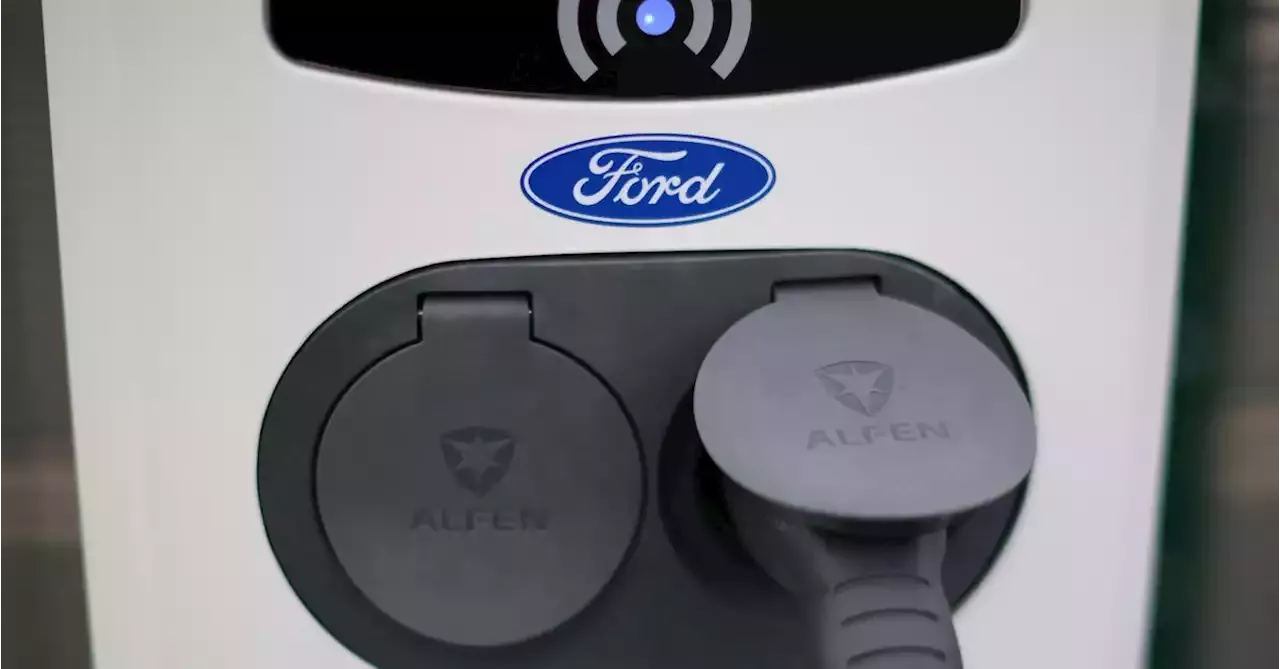Ford is to announce its factory plan on Monday which will be set up in partnership with China’s Contemporary Amperex Technology (CATL). It is said to be a $3.5 billion battery plant in Marshal, Michigan. CATL is a company that makes lithium iron phosphate batteries for EVs, including Ford’s Mustang Mach-E.

The plant is expected to be located in the Marshall, Michigan area, and eventually, employ at least 2,500 workers. The state has marketed a 1,900-acre Marshall “megasite” about 100 miles west of Detroit. CATL has signed technology licensing agreements with Hyundai MOBIS in 2021 and Arun Plus in 2022 as a way of generating stable cash without taking big risks and making investments. In August, Congress passed the $430 billion Inflation Reduction Act (IRA) legislation to restructure EV tax credits and eventually bar credits if any EV battery components were manufactured or assembled by a “foreign entity of concern” or if batteries contain critical minerals extracted, processed, or recycled by a foreign entity of concern.
The rules were aimed at weaning the United States off the Chinese battery supply chain. By Ford owning the plant outright, it may help ensure the batteries produced can qualify for tax credits.
Investments in EVs
Rumors about the new facility have been swirling for months, indicating that Ford initially wanted to bring the battery factory to Virginia. However, Governor Glenn Youngkin rejected its construction in the state over its ties to China, with his spokesperson noting at the time that it “would serve as a front for the Chinese Communist party, which could compromise our economic security and Virginians’ personal privacy.”
“We’ve said that we’re exploring batteries based on CATL’s technology for Ford vehicles and that we plan to localize” production in North America, Ford said in an emailed statement to Bloomberg. The US carmaker and China’s CATL, the world’s biggest maker of batteries for electric vehicles, have been weighing a novel ownership structure under which Ford would own 100% of the plant, including the building and the infrastructure, according to last year’s news. Ford workers would build the batteries, while CATL owns the technology to create the cells, according to the people familiar.
Ford later set its sights on Michigan, which recently began advertising a 1,900-acre “megasite” in the southwest portion of the state. Possibly, the Michigan-based $3.5 billion plant would add to the $11.4 billion investment Ford made in partnership with South Korea’s SK Innovation to bring battery and EV factories in Tennessee and Kentucky. It could also help the company get closer to its goal of building over 2 million EVs per year by late 2026.











